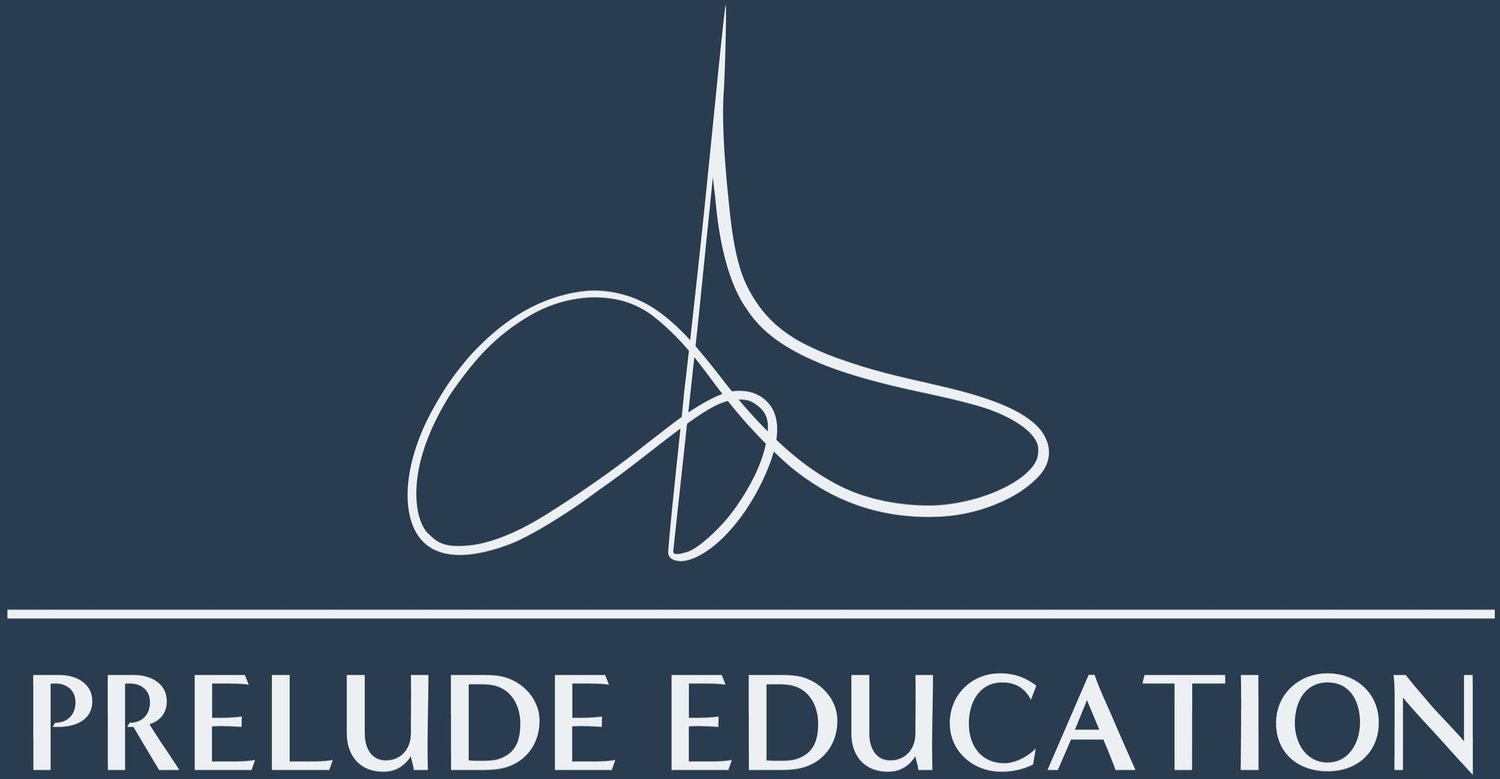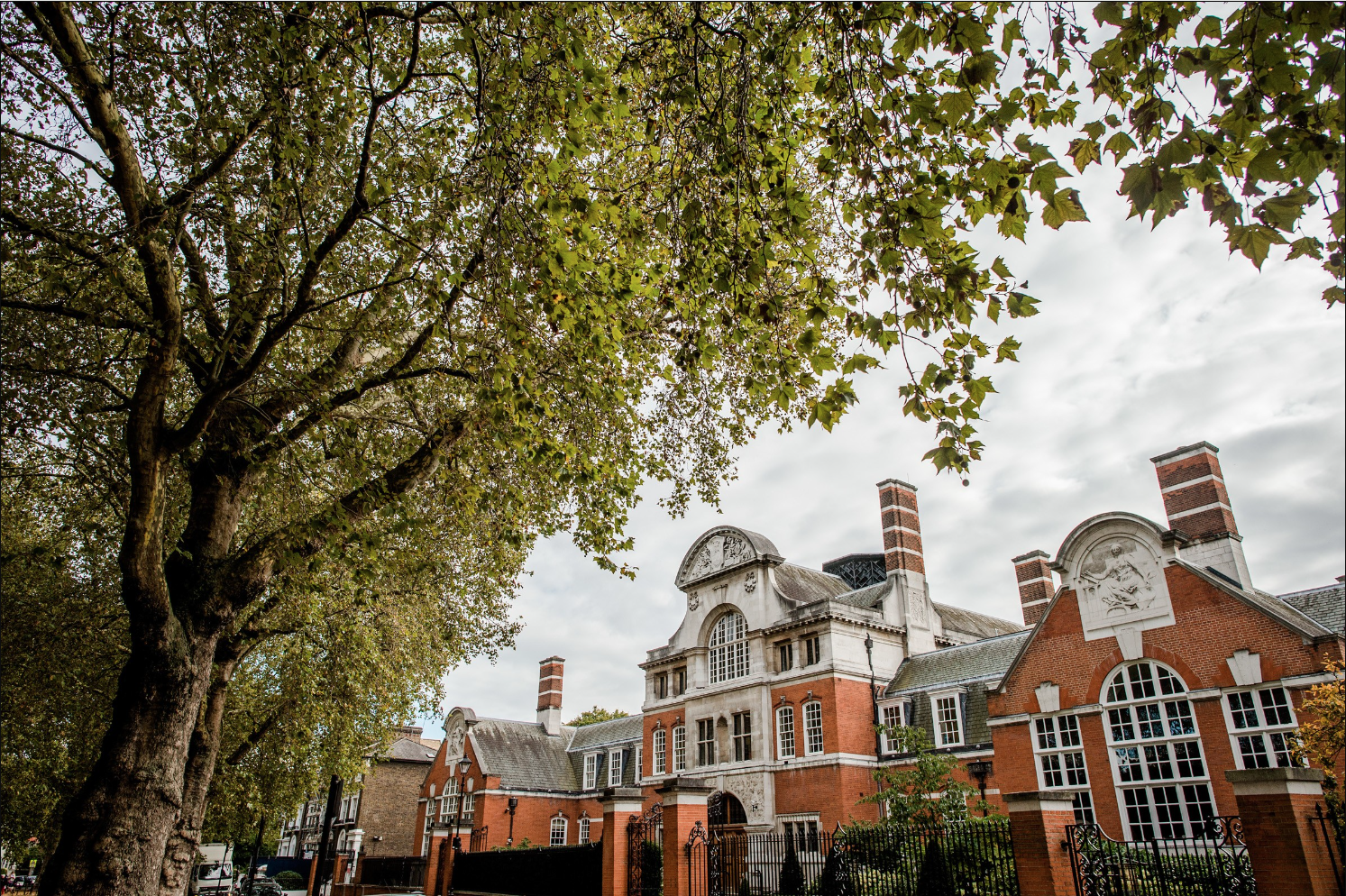ultimate guide to music scholarships
This guide is written by our music scholarship experts and will explain how best to prepare your child for a music scholarship to British private and independent schools.
What is a Music Scholarship?
Music scholarships are awards made to students who are able to demonstrate remarkable musical talent and potential. Awards vary considerably, from 120 minutes of free music tuition a week or a 5-10% remission on fees, to full scholarships which cover 100% of the school fees.
What do schools look for in potential music scholars?
Schools which offer music scholarships, awards or bursaries are looking for self-driven students with a clear passion for music making.
While musical prowess is considered alongside academic ability, each school’s expectations of their music scholars will vary.
High marks from the graded exam boards such as ABRSM can be helpful, though this is generally only a part of what will be taken into consideration.
The minimum expectations include:
Evidence Of High Musical Ability
While some schools will have specific grades and marks in mind, others will take a more holistic approach. It is worth noting here that whilst ABRSM certificates with distinctions can help support applications, this will not guarantee a scholarship or audition on its own.
Commitment And Time Management
Scholarship students are frequently expected to perform regularly at school events and represent the music department to future prospective music scholars, alongside also maintaining a strong academic standing in their other subjects. A demonstration of their commitment to music and the ability to balance their music alongside other obligations is key.
Dedication
A dedication to music making, including daily practice and developing a well-rounded musicianship is important. This may be demonstrated through aural training, singing, ensemble playing, an exploration of music theory and composition.
Interest Music Beyond Lessons and Grades
Schools with an active music department will have numerous ensembles and performance opportunities for their music scholars to participate in, including orchestras, wind bands, recital opportunities and event evenings.
With such a varied program available at these schools for scholars, schools want to know whether a potential scholar has a genuine interest in music beyond just the playing and the grades. They want a scholar who will get stuck in and is willing to try new things.
Is my child suitable for a music scholarship?
There is no straightforward answer here. Not only does each school differ in what they look for but it is also notoriously difficult to measure potential and each school has their own metric.
We would advise the following:
Speak to your child’s current music teacher and their Director of Music. See what they think and get their honest opinion.
Look at point 2 in this guide and see if your child meets this criteria.
Speaking to a music scholarship advisor can be invaluable here too, and Prelude Education can provide you with the right advice at the right time.
Where should I apply for a music scholarship?
There are countless scholarships opportunities available at schools across the country, but determining which scholarship and school is right for your child requires knowing what to look for.
Speaking to your child’s current Director of Music at their prep or primary school would be a great first step. They will have valuable advice.
Check the entry standard to the schools you’re thinking about applying to. What academic and musical criteria do they have for applicants?
Begin visiting schools as soon as possible. The best way to know what school you would like your child to attend is for you, and more importantly for them, to get a feel for the culture of the school.
Meet with the Director of Music at the schools you are interested in. All Music Directors are available to meet with potential scholarship applicants and many also offer a pre-audition which can be remarkably helpful.
The Scholarship Process: What They Assess
The scholarship process aims to measure a student’s musical ability and, crucially, their potential. Alongside performance ability, which is assessed during the audition, students will be assessed generally within the categories of:
Pitch
Rhythm
Melody
Texture
Singing ability, often tested through sight singing
Musical knowledge / historical knowledge
Music theory
Composition ability (less common)
Sight reading
We cannot stress the importance of aural awareness enough – is most often where prospective scholars fall short.
A dedication to developing a scholars ‘inner ear’ is vital and should be treated with the same dedication as their performance preparations. Not only does this stand the student in the best stead for winning the scholarship, but also allows the potential scholar to vastly improve their own playing or singing.
What to expect from a music scholarship Audition?
This will almost always be a two-fold process:
An aptitude test assesses a student’s general musical awareness, knowledge and theory. This test may be given in the format of an interview or written test.
A live audition.
Some schools have recently also begun accepting video auditions in the case of international students.
While students may pass the aptitude test or written test with flying colours, in the end it comes down to the audition. This is a chance for the potential music scholar to really demonstrate their musical ability and potential.
The live audition usually takes place after invitations are sent to those scoring the top results of the aptitude test.
The audition will likely require two differing pieces of around 12 minutes in length in total. It is strongly recommended to audition on two instruments, one piece for each instrument.
It is becoming increasingly rare to see musical scholarships, bursaries or awards for a place at a fee-paying school for playing only one instrument. This is because a second instrument not only allows the student to make the most out of being a scholar and develop into a well-rounded musician, but it also provides the school a wider variety of opportunities to ‘put the scholar to use’ in school performances across genres and groups.
How to choose a music scholarship audition piece?
Students need to find the right pieces to perform in the audition. This will involve a careful balance between a piece that demonstrates the student’s varied abilities while also being mindful not to bite off more than they can chew. The pressure of live auditions can be heavy, and pieces that are too advanced or require the student to be in a very particular headspace are not advised.
Students are more likely to impress an audition panel with a slow piece performed well and with ‘colour’, than something overly ‘showy’ that cannot be played with depth or technical accuracy. Above all, the student should enjoy playing the pieces and feel at ease as much as possible.
Where there is an accompanist provided by the school, it is recommended that the student works with them rather than bringing their own. The school’s accompanist will naturally be of a high calibre and it can be useful to get to know them to gain a greater understanding of how the school works.
Next Steps
Now, if you think your son or daughter is a good fit for a music scholarship, then the tricky part remains. How do you prepare for it?
As long as you meet the minimum scholarship requirements, your child will ideally have two years to prepare but even just one year works just fine.
We’d recommend re-reading this guide, reading our other resources, and then pursuing steps that allow your child to meet the scholarship criteria set by schools more easily.
This could mean additional lessons, attending classical music concerts, building an interest in music outside of the classroom, entering competitions, playing to a variety of musicians and receiving feedback, and so on.
For those who want a more tailored approach, Prelude Education is Britain's only music-specialist scholarship advisory service and can offer you bespoke support.
Raymond Brien is a clarinet teacher at The Yehudi Menuhin School and has supported students into some of London’s most prestigious independent schools. Raymond works with Prelude Education as a teacher and scholarship advisor, and wrote this article.
Parents, book a free music scholarship consultation today
Want to help your child secure a music scholarship but don’t know where to start? Or are scholarship auditions already coming up? Whatever stage you’re at, get free advice and support from a music scholarship expert.
Ralph Allwood MBE, Ex-Director of Music at Eton College for 26 years, leads our Music Scholarship team
We offer
Private lessons from specialist music scholarship teachers
Consultations with Ralph Allwood MBE
Mock scholarship auditions
Personalised shortlist of scholarships suited to your child
The UK’s Only Expert Music Scholarship Preparation Course













